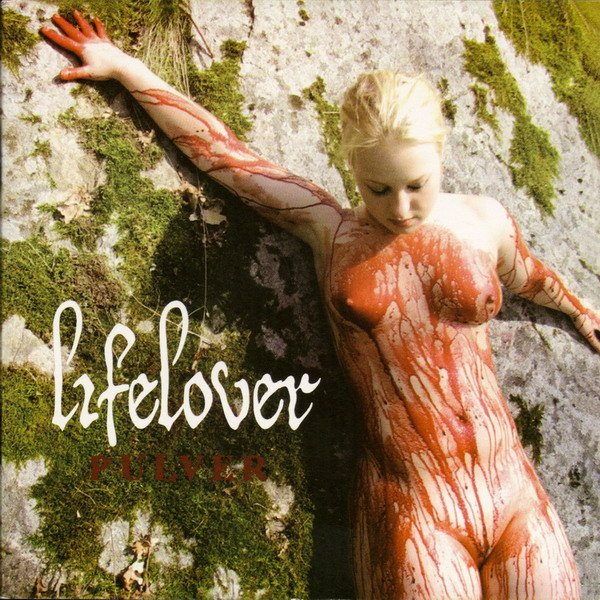While many a pseudo-musicologist and snobby music fan are quick to call you out for lumping the two styles together, black metal and goth actually have a lot in common. Leave the similarities in face paint aside and you’ll find two mediums where death is worshiped, tragedy almost a given, and dissonance an inevitable consequence. Which makes it all the more surprising that, save for Lifelover, hardly anyone has tried to merge both sounds without being overwhelmed by the results.
It’s perhaps black metal’s stubbornness for keeping things true to the (perceived) core style, disregarding any innovation, that has kept it from growing faster. It has stunted the genre’s potential as one of the most sensitive styles in music; and by “sensitive” I don’t mean soft and caring. The music can mold nerve receptors to the sound’s conjured atmosphere and, when it’s good, ends up feeling full of despair and hateful isolation, no matter if the guitars are recorded inside a trash can or if gritty keyboards are used.
That level of evocative despair is Lifelover’s accomplishment, and nowhere is it more evident than on their debut full length Pulver. A song like “M/S Salmonella” even has melancholic piano plinks and plunks while “Nästa Gryning” does away with drums and gives us wrist-slashing arpeggios, Bernard Sumner-like minimalist, and sharp guitar lines that make it a fitting catalyst for depressing poetry. And then there’s the vocals, alternating between the desperate screeches of B and the anguished yelps of ( ) — that’s right, like the Sigur Rós album — that sound like ancient pagan spirits possessing young men into a suicidal fit, even if life is ahead of them and they really don’t want to die.
On September 9 2011, Jonas Bergqvist, known within the band as B, died in his sleep, thus ending Lifelover’s career in a tragic manner. Luckily their debut album remains to demonstrate how desolate and horrific music can be both unsettling and quite enjoyable.
